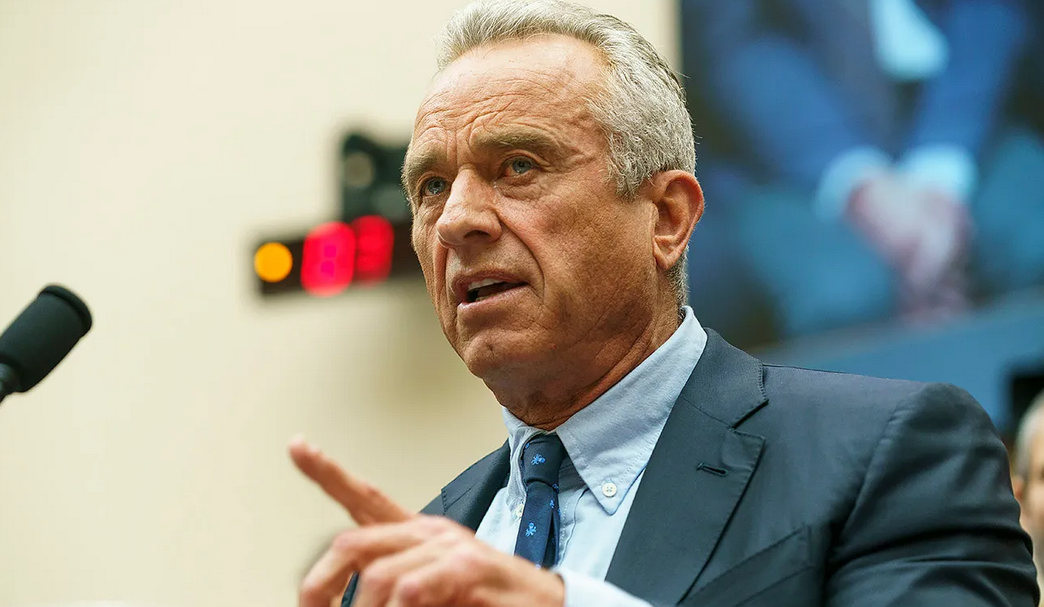In a turn of events, Robert F. Kennedy Jr., the Democratic presidential candidate, revealed on the social media platform “X” that his request for Secret Service protection has been denied by the Department of Homeland Security (DHS). This decision has raised eyebrows and sparked controversy, as presidential candidates have historically been granted such protection since the tragic assassination of his father in 1968. Kennedy’s announcement on the platform previously known as Twitter has captured the attention of the public, igniting discussions on security measures and the implications for his campaign.
Since the assassination of my father in 1968, candidates for president are provided Secret Service protection. But not me.
Typical turnaround time for pro forma protection requests from presidential candidates is 14-days. After 88-days of no response and after several…
— Robert F. Kennedy Jr (@RobertKennedyJr) July 28, 2023
The denial of Secret Service protection to Robert F. Kennedy Jr. has become a focal point of debate among political pundits and citizens alike. Many are questioning the DHS’s decision, citing the precedent set by protecting presidential candidates and the Kennedy family’s tragic history. Concerns are being raised about the safety and security of Kennedy during his campaign, given the increasingly polarized and tense political climate.
Despite the denial, DHS officials maintain that the decision was made following a thorough evaluation of the threat level posed to Kennedy. They assert that the Secret Service protection is typically provided based on credible and substantiated threats, and it is not automatically granted to all candidates. However, critics argue that the historical significance of the Kennedy family and the current volatile political landscape should warrant a more cautious approach.
Kennedy’s statement on “X” has garnered immense attention, with social media users expressing both support and criticism. Some have rallied behind the candidate, asserting that he deserves the same protection as previous candidates and emphasizing the importance of safeguarding those vying for the highest office in the land. Others, however, have questioned the motives behind Kennedy’s public disclosure, suggesting that it could be a strategic move to garner sympathy and rally his supporters.
The denial of Secret Service protection has also sparked discussions about the broader issues of security measures for political figures. Some experts argue that it is crucial to reevaluate and enhance security protocols in light of the evolving nature of threats faced by political candidates. They emphasize the need to strike a balance between ensuring safety without hindering candidates’ accessibility to the public
In the wake of the DHS’s denial of Secret Service protection for Robert F. Kennedy Jr., the discussion surrounding security measures and the safety of political candidates has taken center stage. The decision has reignited debates about the historical significance of the Kennedy family and the responsibilities of ensuring the safety of those seeking the presidency. As the campaign progresses, the issue of security for presidential candidates is likely to remain a topic of concern for voters and policymakers alike.

